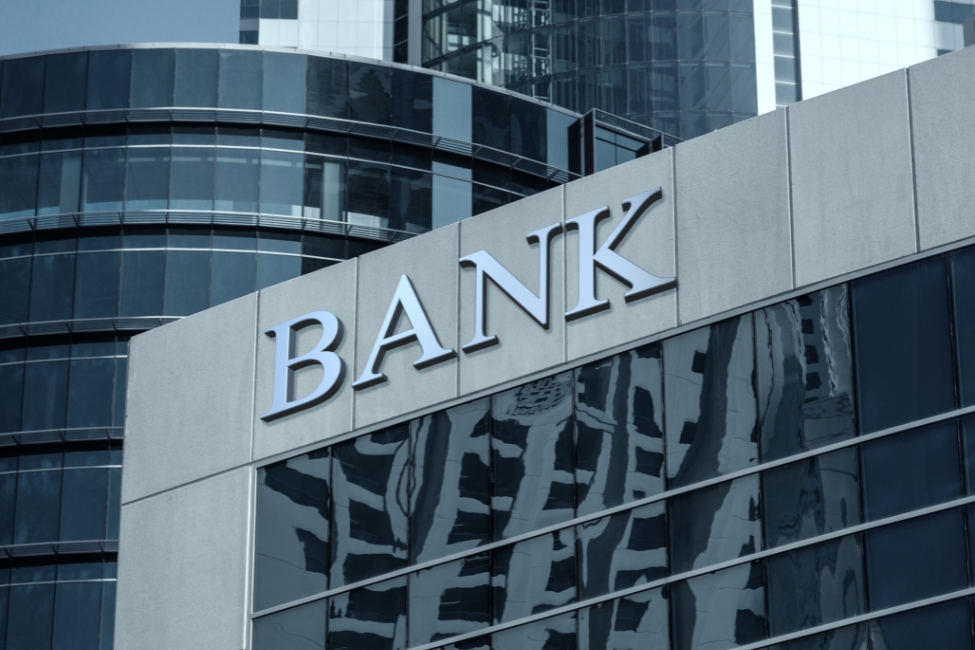Data Analysis: Unbooked Losses at Banks Spike in First Quarter of Year

A closeup of a bank
More banks reported unbooked losses over at least half of their capital equity, in response to spiking interest rates placing pressure on the financial system, according to a screener from Rebel Cole, Ph.D., Lynn Eminent Scholar Chaired Professor of Finance in the College of Business at Florida Atlantic University.
Fifty banks saw unrealized losses on their investment securities portfolios exceed at least 50% of their capital equity in the first quarter of 2024, a slight uptick from the last quarter of 2023, according to the U.S. Banks’ Unrealized Losses on Investment Securities Screener. Overall, aggregate unbooked losses at banks across the country rose to $517 billion at the end of the first quarter of 2024, up from $478 billion at the end of the last quarter of 2023.
“For the first quarter in more than a year, Republic First Bank is not the number one bank on this list, solely because federal regulators shut the bank down in April,” said Cole. “That bank had been the most exposed due to its unrealized losses on securities portfolio compared to its total equity.”
The screener, part of the Banking Initiative at Florida Atlantic University, is a quarterly report measuring banks’ exposure to risk based on their unrealized losses in their portfolios of investment securities. To calculate the risk, Cole used the most recently available data from the quarterly call reports published by the U.S. Federal Financial Institutions Examination Council (FFIEC). The dataset includes financial information on 4,697 banks, from which Cole focused on banks with more than $1 billion in assets, or 997 banks, to calculate unrealized losses on investment securities and compare those losses to the banks’ Common Equity Tier 1 Capital (CET1). This metric identifies the banks that were most at risk from their exposures. In most cases, a bank that lost half of its CET1 capital would be forced by its regulator(s) to take remedial actions, such as raising new capital or seeking a merger partner; in worst cases, such a bank would face closure by the FDIC.
Four banks had losses that exceeded their equity capital: Union City SVGS Bank, where unbooked losses equaled 172.7%; Citizens ST Bank, where unbooked losses equaled 121.4%; Green Dot Bank, where unbooked losses equaled 108.6%; and First America TR, where unbooked losses equaled 104%.
Larger banks on the list with more than $10 billion in equity had unbooked security losses more than their equity capital: Charles Schwab, where unbooked losses equaled 64%; USAA Federal Savings Bank, where unbooked losses equaled 67% of their equity capital; and Bank of America NA, where unbooked losses equaled 58%.
Rising rates have had a negative effect on the balance sheets of many banks regarding their unbooked securities losses.
“It’s likely that losses in the second quarter could be far greater as the yield on the 10-year treasury rose from 4.21% at the end of this quarter to 4.48% most recently,” Cole said. “There also are many smaller banks with less than $1 billion in assets facing similar risks; 22 have unbooked losses greater than 100% of their equity capital and 275 have losses greater than 50%.”
-FAU-









